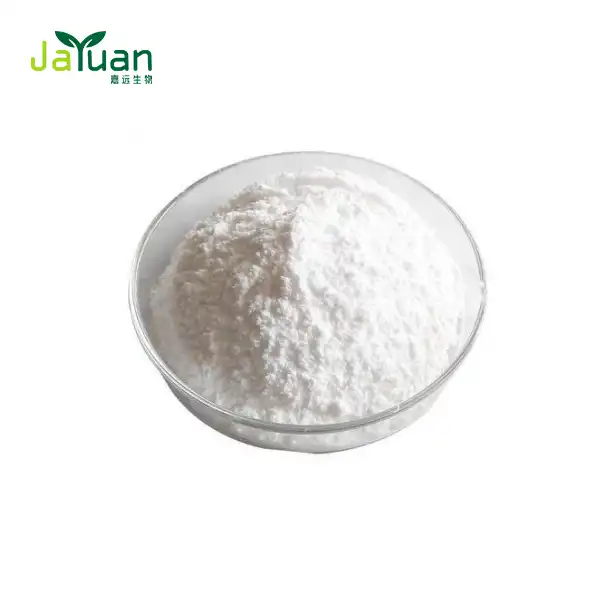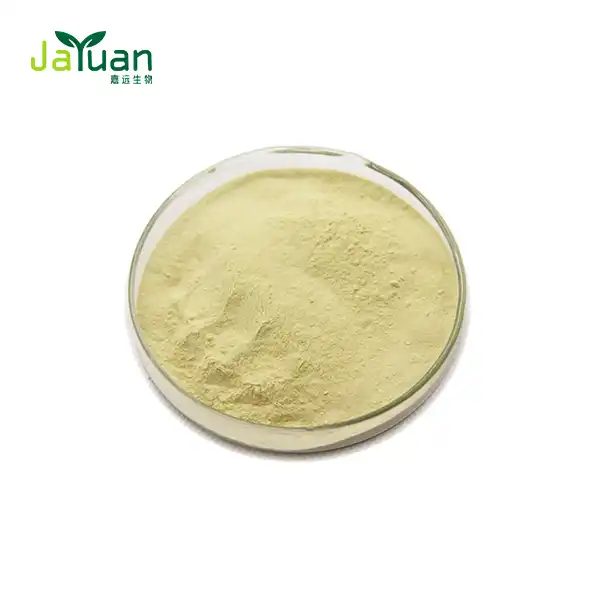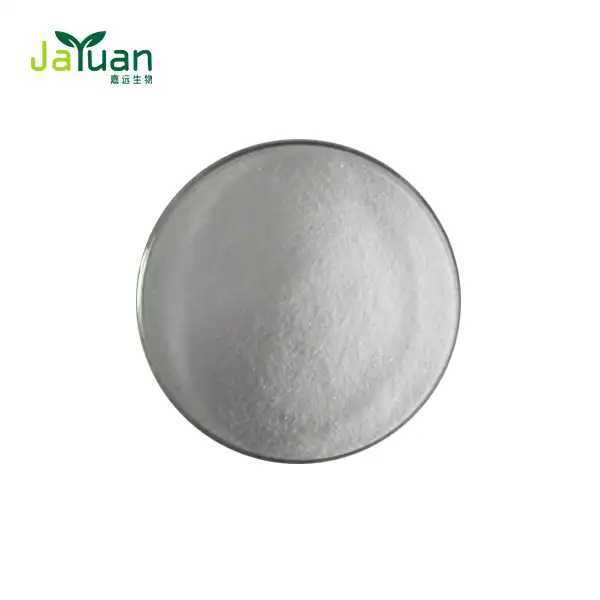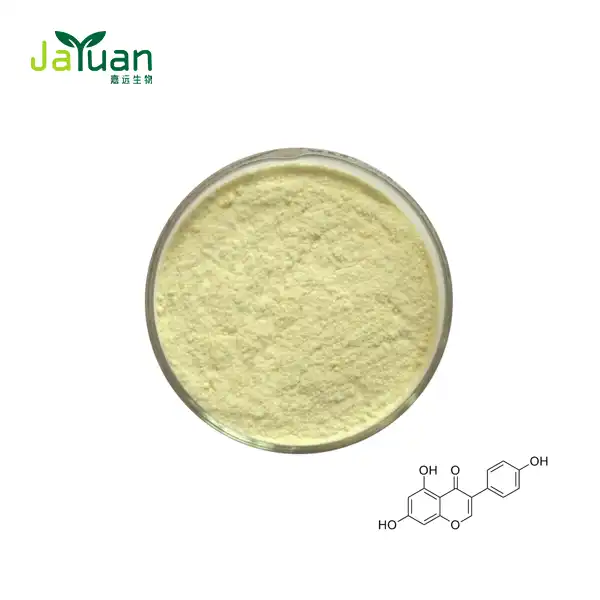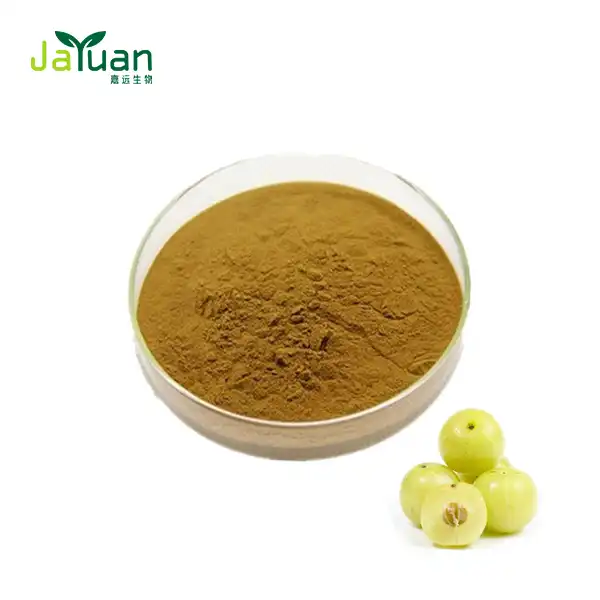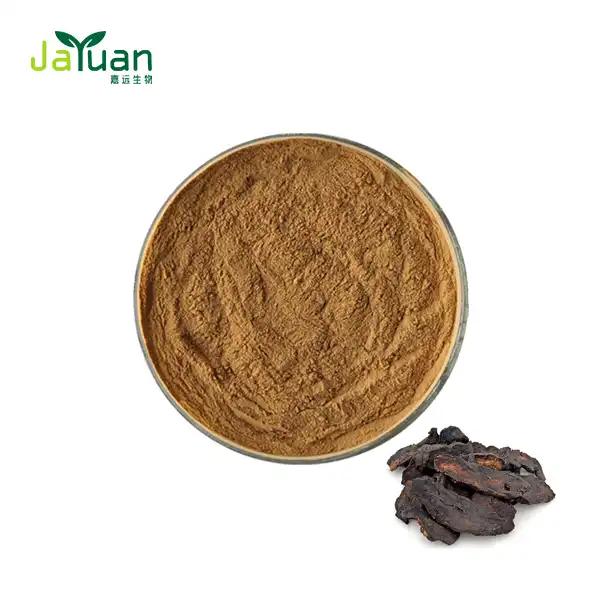Lycopene Powder: Dosage and Safety Guide
Lycopene, a powerful antioxidant found abundantly in tomatoes and other red fruits, has gained significant attention for its potential health benefits. As more people turn to dietary supplements to boost their nutrient intake, lycopene powder has become increasingly popular. This comprehensive guide will explore the recommended dosage, potential side effects, and safety considerations of lycopene powder supplementation.

How Much Lycopene Powder Should You Take?
Determining the optimal dosage of lycopene powder can be challenging, as there's no universally agreed-upon recommendation. However, research and clinical studies provide some guidance on effective and safe amounts:
- General recommendation: Most studies have used doses ranging from 2 to 75 mg per day, with positive effects observed across this spectrum.
- Cancer prevention: Studies focusing on prostate cancer prevention have used doses of 15 to 30 mg daily.
- Cardiovascular health: Dosages between 7 and 75 mg per day have shown beneficial effects on heart health markers.
- Skin protection: Research on lycopene's photoprotective effects has utilized doses of 10 to 16 mg daily.
It's crucial to note that individual needs may vary based on factors such as age, health status, and dietary intake. Consulting with a healthcare professional can help determine the most appropriate dosage for your specific requirements.

When supplementing with lycopene powder, keep these tips in mind:
- Fat-soluble nature: Lycopene is better absorbed when consumed with a source of dietary fat. Consider taking your supplement with a meal containing healthy fats like avocado, nuts, or olive oil.
- Gradual increase: Start with a lower dose and gradually increase to assess your tolerance and minimize potential side effects.
- Consistency: For optimal results, maintain a consistent supplementation schedule.
Remember that while supplementation can be beneficial, obtaining lycopene through a diet rich in tomatoes and other lycopene-containing foods is always encouraged. These whole foods provide additional nutrients and fiber that contribute to overall health.
Potential Side Effects of Lycopene Powder
Lycopene is generally considered safe for most people when consumed in moderate amounts. However, as with any supplement, there's potential for side effects, especially at higher doses or with long-term use. Understanding these potential effects can help you make informed decisions about lycopene supplementation:
Gastrointestinal Discomfort
Some individuals may experience digestive issues when taking lycopene powder, including:
- Nausea
- Bloating
- Diarrhea
- Stomach cramps
These symptoms are typically mild and often resolve as your body adjusts to the supplement. If discomfort persists, consider reducing your dosage or discontinuing use and consulting your healthcare provider.

Lycopenemia
In rare cases, excessive lycopene intake can lead to a condition called lycopenemia, characterized by an orange or reddish discoloration of the skin. This condition is harmless and reversible upon reducing lycopene consumption. However, it's essential to be aware of this potential effect, especially if you're taking high doses of lycopene powder or consuming large quantities of lycopene-rich foods.
Interactions with Medications
Lycopene may interact with certain medications, potentially affecting their efficacy or increasing the risk of side effects. Notable interactions include:
- Blood thinners: Lycopene may enhance the effects of anticoagulant medications, potentially increasing the risk of bleeding.
- Cholesterol-lowering drugs: Some studies suggest that lycopene might interact with statins, although more research is needed to confirm this interaction.
- Chemotherapy drugs: Lycopene's antioxidant properties might interfere with certain cancer treatments.
If you're taking any medications, it's crucial to consult your healthcare provider before starting lycopene supplementation.
Allergic Reactions
While rare, allergic reactions to lycopene are possible. Symptoms may include:
- Itching or hives
- Swelling of the face, lips, or tongue
- Difficulty breathing
If you experience any signs of an allergic reaction, discontinue use immediately and seek medical attention.
Is Lycopene Powder Safe for Everyone?
While lycopene is generally safe for most adults, certain groups should exercise caution or avoid supplementation altogether:
Pregnant and Breastfeeding Women
Research on the safety of lycopene supplementation during pregnancy and breastfeeding is limited. While consuming lycopene-rich foods is considered safe, high-dose supplementation is not recommended without medical supervision. Some studies suggest that excessive lycopene intake during pregnancy might be associated with an increased risk of preterm labor or low birth weight.
Children
The safety and appropriate dosage of lycopene powder for children have not been established. It's best to consult a pediatrician before giving lycopene supplements to children. Encouraging a diet rich in fruits and vegetables is a safer way to ensure adequate lycopene intake for growing bodies.
Individuals with Certain Medical Conditions
People with the following conditions should consult their healthcare provider before taking lycopene powder bulk:
- Low blood pressure: Lycopene may further lower blood pressure, potentially leading to dizziness or fainting.
- Bleeding disorders: Due to its potential blood-thinning effects, lycopene might increase the risk of bleeding in individuals with clotting disorders.
- Prostate cancer: While some studies suggest lycopene may have protective effects against prostate cancer, others indicate that high doses might promote tumor growth in certain cases. Individuals with prostate cancer should discuss lycopene supplementation with their oncologist.
Pre-surgery Considerations
If you're scheduled for surgery, it's advisable to stop taking lycopene powder at least two weeks before the procedure. Lycopene's potential blood-thinning effects could increase the risk of bleeding during and after surgery.
Quality and Purity Concerns
When choosing a lycopene powder supplement, consider the following factors to ensure safety and efficacy:
- Third-party testing: Look for products that have been independently tested for purity and potency.
- Reputable manufacturers: Choose supplements from well-established companies with a track record of quality production.
- Allergen information: Check the label for potential allergens, especially if you have sensitivities to tomatoes or other lycopene sources.
- Additives: Opt for products with minimal additives or fillers.
By considering these factors, you can make an informed decision about whether lycopene powder supplementation is right for you and how to use it safely.
Conclusion
Lycopene powder offers a convenient way to boost your intake of this powerful antioxidant. While generally safe for most adults, it's essential to be aware of potential side effects and consider individual health factors when determining whether to supplement and at what dosage. Always prioritize a balanced diet rich in lycopene-containing foods, and consult with a healthcare professional before starting any new supplement regimen.
Remember, supplements should complement, not replace, a healthy lifestyle. By combining thoughtful supplementation with a nutritious diet and regular exercise, you can maximize the potential benefits of lycopene for your overall health and well-being.
Interested in exploring high-quality lycopene powder for your health regimen? Contact our team at sales@jayuanbio.com for more information on our premium lycopene products and personalized guidance on incorporating them into your wellness routine.
References
- Rao, A. V., & Agarwal, S. (2000). Role of antioxidant lycopene in cancer and heart disease. Journal of the American College of Nutrition, 19(5), 563-569.
- Story, E. N., Kopec, R. E., Schwartz, S. J., & Harris, G. K. (2010). An update on the health effects of tomato lycopene. Annual Review of Food Science and Technology, 1, 189-210.
- Mozos, I., Stoian, D., Caraba, A., Malainer, C., Horbańczuk, J. O., & Atanasov, A. G. (2018). Lycopene and vascular health. Frontiers in Pharmacology, 9, 521.
- Groten, K., Marini, A., Grether-Beck, S., Jaenicke, T., Ibbotson, S. H., Moseley, H., ... & Krutmann, J. (2019). Tomato phytonutrients balance UV response: results from a double-blind, randomized, placebo-controlled study. Skin Pharmacology and Physiology, 32(2), 101-108.
- Schwarz, S., Obermüller-Jevic, U. C., Hellmis, E., Koch, W., Jacobi, G., & Biesalski, H. K. (2008). Lycopene inhibits disease progression in patients with benign prostate hyperplasia. The Journal of Nutrition, 138(1), 49-53.
- Costa-Rodrigues, J., Pinho, O., & Monteiro, P. R. R. (2018). Can lycopene be considered an effective protection against cardiovascular disease? Food Chemistry, 245, 1148-1153.

